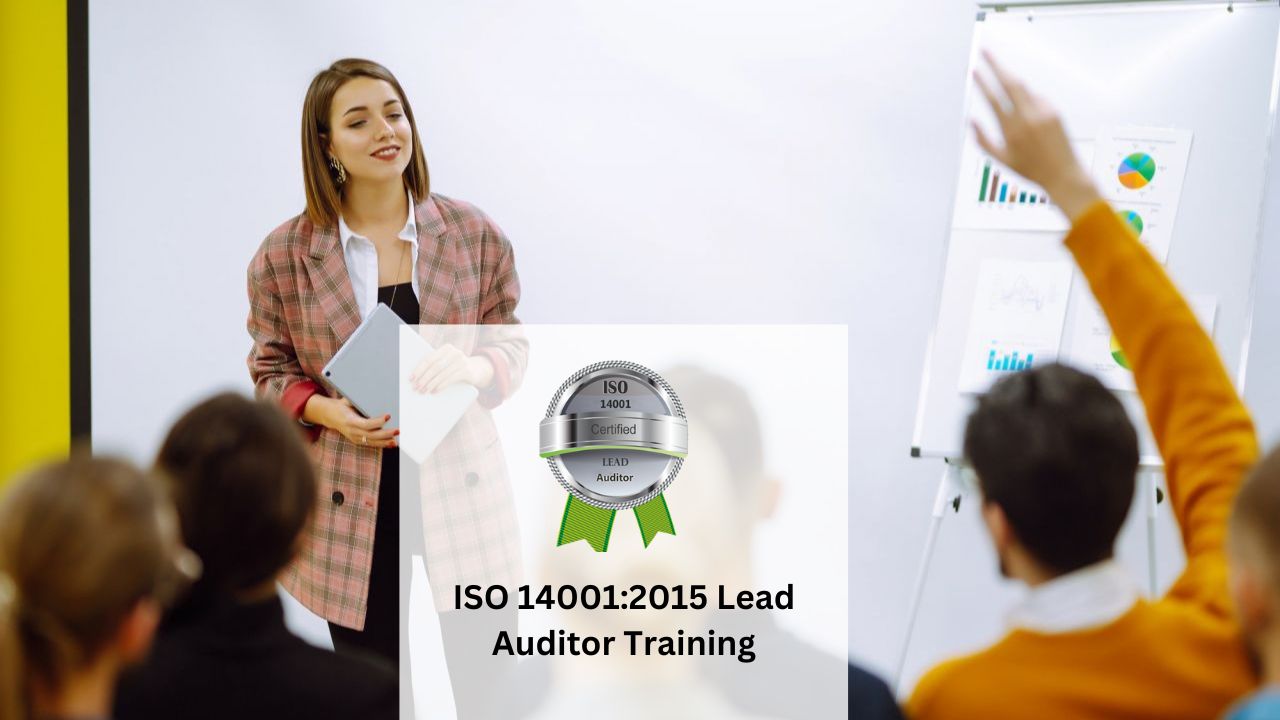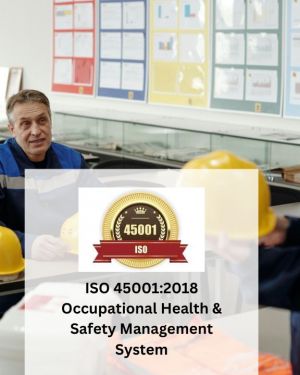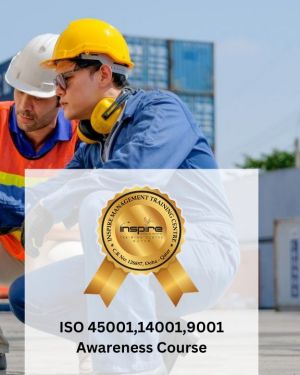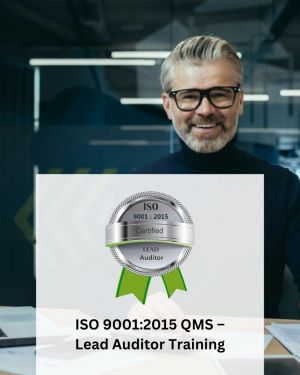who should attend?
• Those who will be involved in auditing Environmental Management Systems either in-depth internally or as 2nd or 3rd party auditors
• Managers who are responsible for EMS audits
• This course is suitable for those new to both auditing and ISO 14001, as well as auditors in other disciplines such as QMS and H&S Prerequisites
Those attending this course are expected to have prior knowledge of the following:
• Environmental Management principles and concepts
• The Plan, Do, Check, Act (PDCA) cycle
• Environmental issues including an appreciation of environmental protection and pollution prevention and control
• Environmental management terms and definitions
• Appreciation of environmental compliance issues
• Environmental management terms and definitions
• Typical structures for environmental management systems including process-based systems
• Structure, content and requirements of ISO 14001:2015
• This knowledge can be gained in a number of ways:
• Previous experience and existing knowledge
• Attending an IRCA ISO 14001 Foundation course – or equivalent
• Reading or self-study
Objective
Through the combination of interactive tutorials, workshops, photo site tours, case studies and simulated audits, the ISO 14001 Lead Auditor training course will enable delegates to:
• Apply the requirements and principles of ISO 14001 to the specific processes and needs of your company as well as those of your suppliers
• Assess compliance of an organization to meet your company’s own internal or external (e.g. Certification Body) requirements.
• Plan, develop and implement an internal audit process appropriate to your organization and which supports your environmental policy.
• Conduct audits to professional criteria with confidence, gathering objective evidence through observation, interviewing, document trails to provide factual audit reports that will facilitate
improvements to the EMS.
Content
• Auditing the requirements of ISO 14001:2015
• Key focus areas for auditing core environmental processes
• Overview of auditing for compliance
• Objectives and types of environmental audits
• Roles and responsibilities of auditors and of lead auditors
• Auditor skills & development
• Processes and techniques for planning, conducting & reporting audits
• Audit follow-up activities and auditing for continual improvement
• Effective audit planning, execution and reporting based on current auditing standards
• Identifying valid findings, non-conformities and corrective action management








